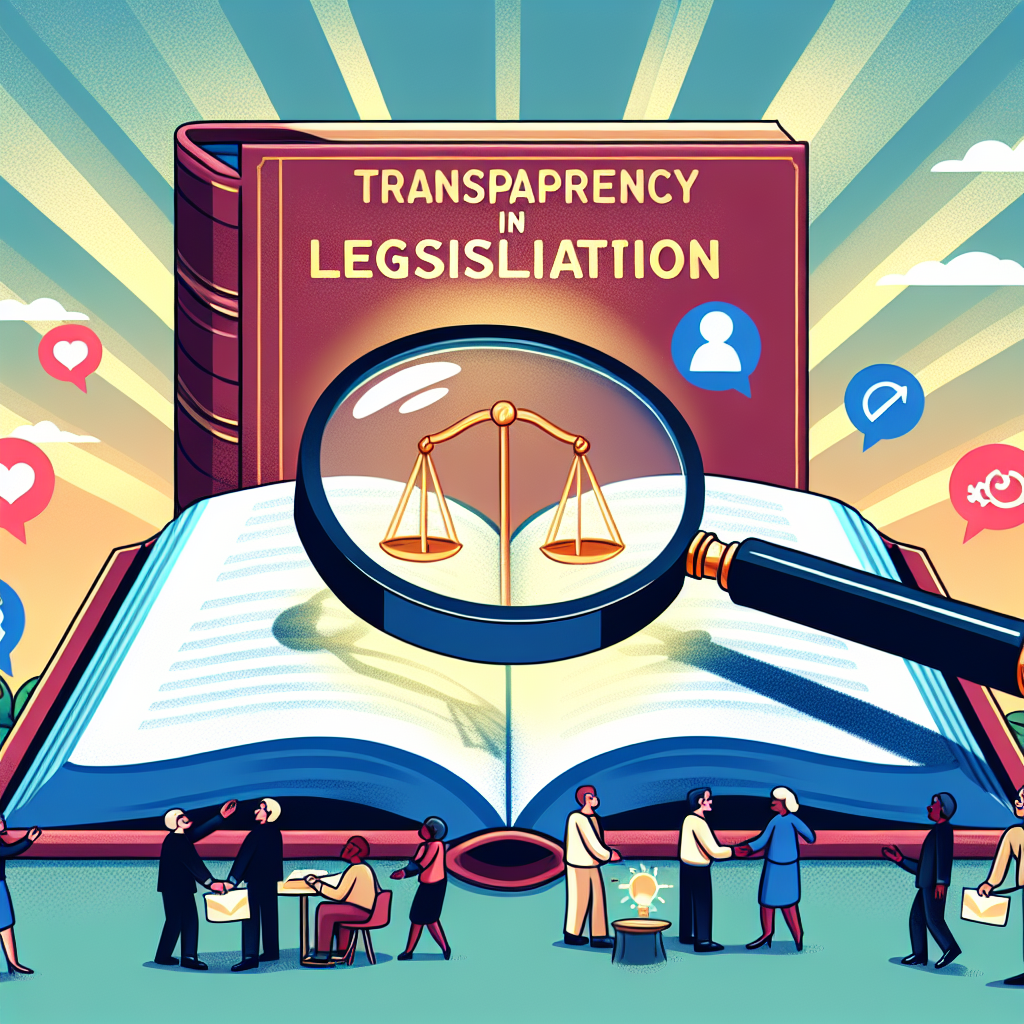Karnataka's Tough Stance on Fake News: Censorship or Necessary Measure?
Karnataka's draft legislation proposing jail terms for spreading misinformation has raised censorship concerns among free speech activists. The bill, targeting fake news, aims to tackle digital misinformation. Critics argue it risks selective enforcement while the state prepares for public consultation before implementation.

The Indian state of Karnataka, home to Bengaluru, is stirring controversy with a draft bill that could see people imprisoned for up to seven years for spreading fake news and misinformation. This move has sparked fears among free speech advocates, who warn of potential censorship implications.
With nearly 1 billion internet users, India is particularly sensitive to the dangers of misinformation, which can pose a significant threat to the country's diverse ethnic and religious communities. While the federal government already has measures to regulate social media content, Karnataka's proposal represents the most stringent state-level effort to date.
The bill classifies spreading fake news and promoting superstition as offenses punishable by jail and fines. Critics have raised concerns about potential selective enforcement and the broad interpretation of what constitutes misinformation. In response to criticism, Karnataka's IT minister emphasized the bill's focus on digital disorder, promising public consultation prior to implementation.
(With inputs from agencies.)










